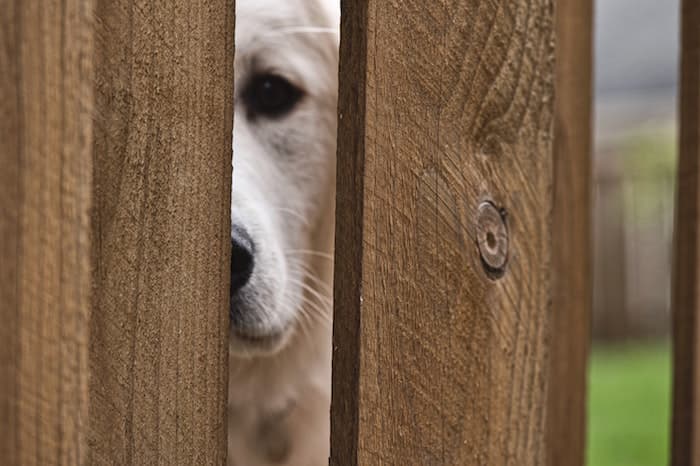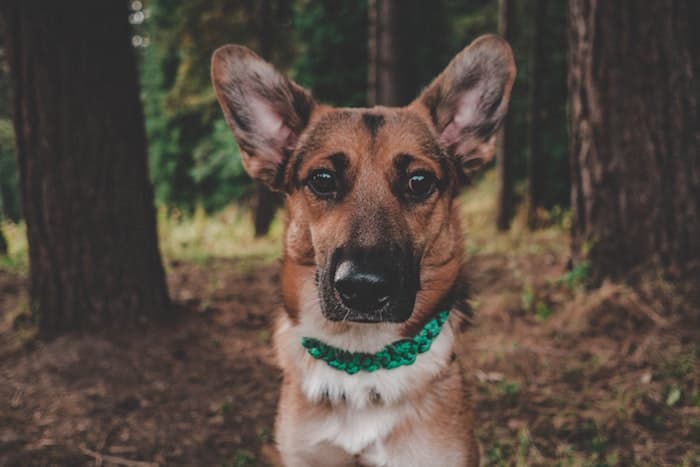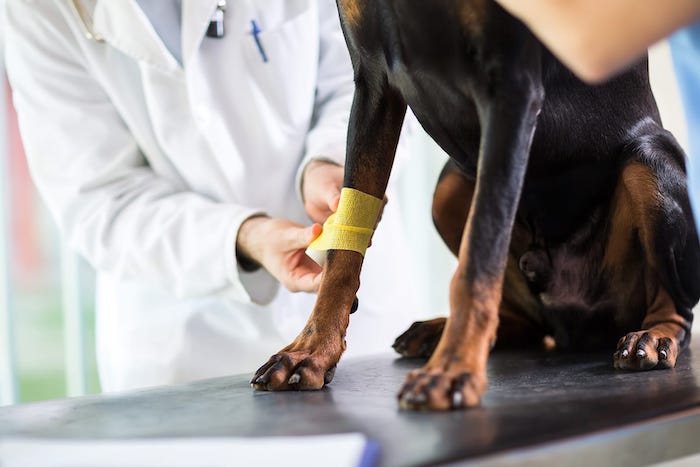We often talk about the many dangers that intrusive wild animals pose for you and your property – obviously, exposure to diseased wild animals can put you at serious risk. But have you considered the risks to your pet? Because you should.
In this article, we’ll talk about what you can do if you notice aggressive behavior in your pet (that is pest or specifically raccoon-related), or if you witness your pet fighting with a raccoon directly.
Take Preventive Measures
Before direct confrontation becomes an issue, it’d be a good idea to take some preventive measures, as you never know when a wild animal may decide to enter your yard. As such, you will want to vaccinate your pet against the viral diseases commonly carried by wild animals in your area. Ideally, you can discuss the specific risks to your pet’s health with your vet, as they’ll be more up to date with the specific risks of the area you live in.
Remove Attractions
Another excellent preventive measure you can take, to stop wild animals from getting into your home to begin with, is to remove food sources (which is often the main reason why wild animals get into human homes, to begin with). The specific food source will depend on the type of animal, of course. Some wild animals may be attracted to insects or grubs, while others to more human-like treats.
In the case of raccoons, they will typically be attracted to trash cans, as these often contain leftovers. Pet food bowls (and water bowls) left out in the open overnight can also pose a serious temptation for invasive raccoons.
Put Up a Fence
An important way to protect not only your pets, but also yourself, your home, and your garden, would be to put up a fence around your property. A fence is a great wildlife barrier, as it doesn’t just keep raccoons out, but works against most types of wildlife intruders.
Keep an Eye Out. Know Your Area
Last but not least, it’s important to acquaint yourself with the types of animals most likely to be encountered in your area. For instance, if you know there are active predators (which can mean raccoons, but also foxes, coyotes, and other undesirables) in your area, try not to leave your pet outside unattended for long periods of time.
What Should You Do in Case of an Encounter?
First of all, if you notice raccoon activity on your property, or even suspect there are nuisance wild animals active in your area, you should contact a professional at wildliferemovalwyoming.com and arrange for speedy removal, to better protect yourself and your pets.
Keep in mind that most wild animals, including raccoons, would rather flee than fight, but occasionally, they will opt for the latter. If you witness your pet (usually your dog) fighting with a raccoon, take steps to immediately break up the fight.
Try Scaring the Raccoon
A good method for separating your pet from the wild animal could be trying to scare off the raccoon by making loud noises (such as banging pots and pans together), or with a long stick. Sometimes, a raccoon may get scared and run off, but in some instances, this will not work, and you may have to intervene.
The “Shovel” Method
This is one of the easiest, most common methods for breaking up an animal fight. If you witness a direct altercation, do NOT attempt to physically separate the animals, as you may get hurt (and there’s a chance that the raccoon may be rabid).
The “shovel” method involves taking a shovel, or some other similar (long and blunt) object, and using it to separate the two animals. Try not to use excessive force, but don’t be overly gentle, either, while pushing away the wild animal. Remember not to push your pet away, but the raccoon.
Physical Involvement
You should never attempt to physically separate two fighting animals unless it is an absolute emergency, and you see no other choice. If you do, try to use your lower body, as opposed to your torso and arms, and make sure you wear adequate protective gear. Direct contact with the wild animal may expose you to serious parasites and viral diseases.
What to do after an altercation
Once you’ve successfully broken up the fight, you want to inspect your pet and take them to the vet immediately, to make sure they haven’t been bitten or scratched. If you come into direct contact with the raccoon (or any other wild animal), you’ll want to head for the emergency room yourself.
Remember, the quicker you act, the fewer the chances of getting into serious health problems, so do not put off visiting the doctor after such an altercation.
Related Reading:




